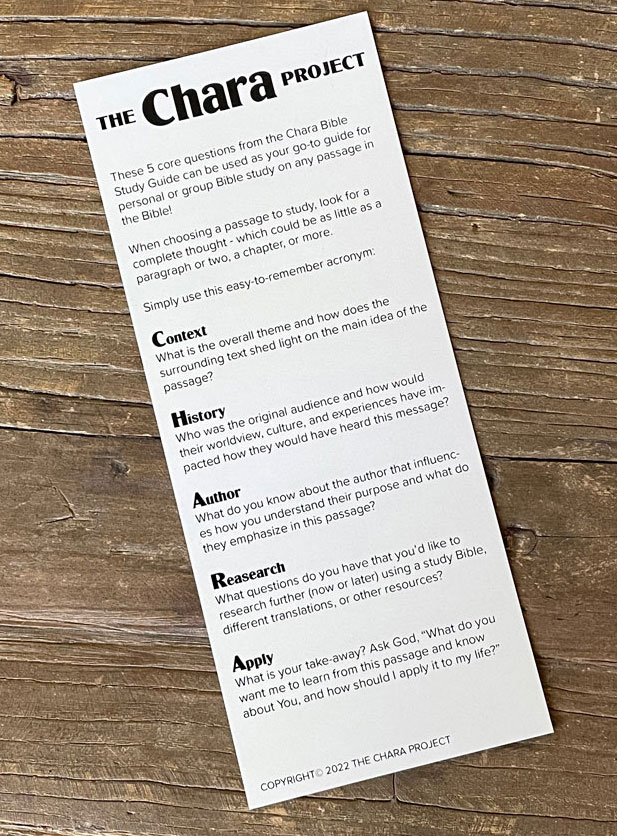1. HISTORY – Where does the narrative take place and where was it written? What can you learn about their town and travel?
There was more than one route to get from Judea to Galilee. Although going through Samaria was the shortest route, it wasn’t common for Jews to travel through Samaria. Devout Jews wishing to avoid being defiled by the mixed race Samaritans, would take a less direct route, crossing the Jordan River and traveling to the East just to avoid Samaria! But Jesus chose to go directly through Samaria. Why? Was He in a hurry? Later we learn that Jesus stayed in Samaria for two more days (vs. 40), suggesting urgency was not the reason He chose to go through Samaria.
Quite a bit of detail on where this encounter took place is given in this rather short story, indicating it must be important. Let’s explore a few:
What is emphasized in John 4:4?
What details are included in the text about the town of Sychar in John 4:5-6 (repeated in verse 12)?
Now jump ahead to John 4:20. Why was the nearby mountain significant to the Samaritans?
2. HISTORY – Who was it written about? How does the Bible describe them?
The Samaritans claimed Jacob as a Father to their nation. So did the Jews. Although the Samaritans and Jews shared some ancestry and religious practices (such as circumcision and the Sabbath), there was much they disagreed on, including where to worship. The well that Jesus came to in Sychar was within view of Mount Gerizim – a holy site to the Samaritans (vs 20). The Jews believed the Samaritans practiced a partially pagan religion and despised their place of worship. Meanwhile, the Samaritans rejected the Jerusalem temple and viewed the Levitical priesthood as illegitimate. Hostility toward one another went on for centuries. Clues from the text tell us this was no ordinary conversation.
What does John 4:9 reveal about the relationship between the Jews and the Samaritans?
How do Jesus’ disciples respond in John 4:27 when they discovered who Jesus was talking with?
Historically, Jews didn’t talk to Samaritans, especially a Samaritan woman! And they avoided Samaria and despised their religious sites.


